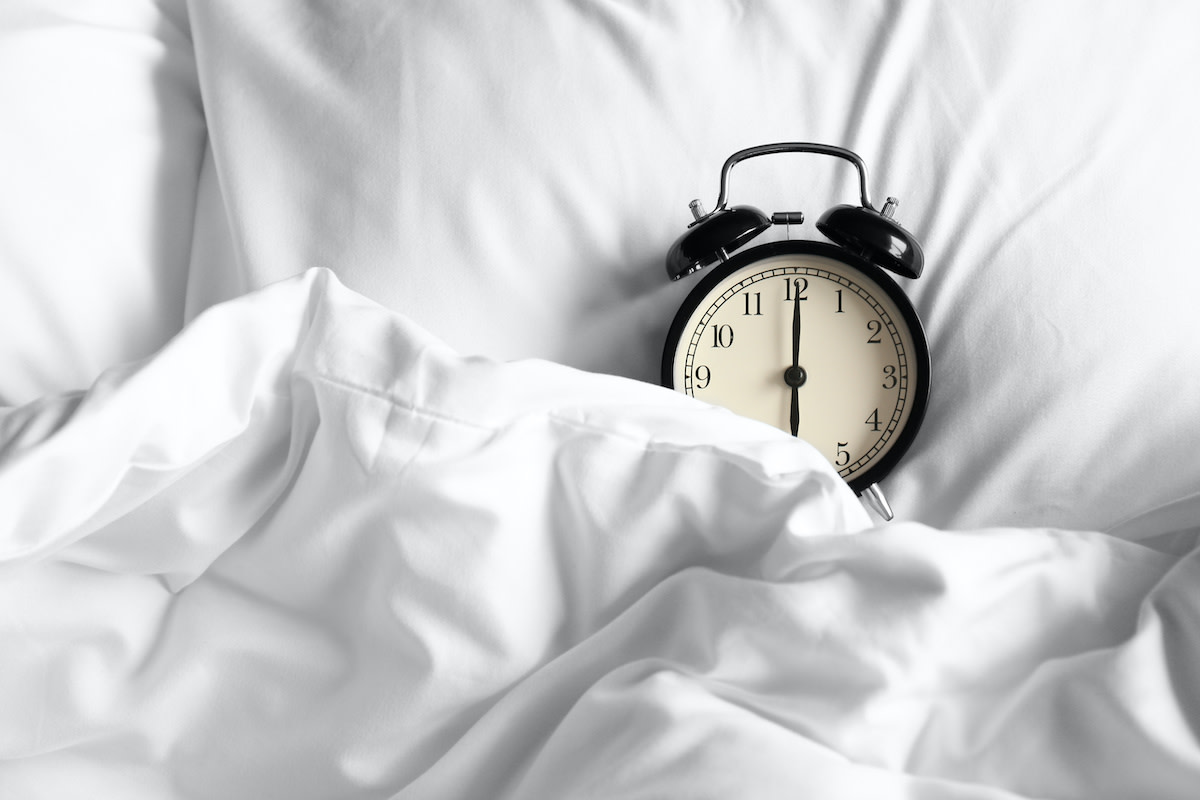How to Fix Your Sleep Schedule: 7 Ways to Get Consistent Sleep
Written by MasterClass
Last updated: Jun 7, 2021 • 2 min read
Your body operates on a natural circadian rhythm that sets your internal clock and initiates feelings of wakefulness and sleepiness. This biological clock prompts a consistent sleep schedule, and when you break that regular schedule, you may have to put in conscious effort to get back to a normal sleep routine.
Learn From the Best
Why Is Maintaining a Sleep Schedule Important?
Maintaining a consistent sleep-wake cycle leads to better sleep throughout the night and improved overall wellness during the day. Sufficient regular sleep can keep your memory recall sharp, improve your mood, and strengthen your immune system. If you don’t get regular sleep, you’re more likely to experience crankiness and irritability. Prolonged sleep deprivation can feed into anxiety, depression, and other mental health issues, which can then trigger sleep disorders like insomnia.
How to Fix Your Sleep Schedule
Steer yourself back to a pattern of good sleep habits by adjusting your daily routine.
- Develop a bedtime routine. Nightly rituals can lead to better sleep. Try doing the same thing at bedtime every night. This might involve taking a bath, drinking hot tea, or listening to relaxing music. You can train your body to associate bedtime rituals with sleep onset.
- Dim the lights at night. Your body clock reacts to light exposure. Bright lights inhibit the body's release of melatonin, a natural hormone that brings on sleepiness. For a good night's sleep, consider dimming lights in the hour leading up to bedtime.
- Limit screen time before bed. The blue light emitted by cell phones and other electronic devices can disrupt your body clock. Put away devices an hour before bed, or at least use a blue light filter on your screen.
- Lower the temperature of your bedroom. A nighttime room temperature of 60 to 67 degrees Fahrenheit is optimal for sleep. A lower room temperature leads to a lower body temperature, which signals to your brain that it’s time to sleep.
- Minimize disruptions in your sleep space. If possible, equip your bedroom with blackout curtains, and consider sleeping with earplugs or using a white noise machine to block out nighttime sounds. This can particularly benefit those who work night shifts and must get the bulk of their sleep during busy daylight hours.
- Actively adjust to jet lag. Flying to a new time zone can be a severe sleep disruption. Instead of falling into poor sleep habits, make a point of adjusting your body clock to your new location. Set an alarm clock to wake up at a reasonable time in your present time zone. If you feel worn out the next day, minimize drowsiness by napping, but limit your naps to 20 minutes.
- Consult with a sleep specialist. If you find yourself unable to fix your sleep schedule on your own, consider working with a specialist in sleep medicine who can help you set a course of sleep hygiene to get back in tune with your body's instinctive sleep-wake cycle.
Want to Learn More About Catching Those Elusive Zs?
Saw some of the best darn logs of your life with a MasterClass Annual Membership and exclusive instructional videos from Dr. Matthew Walker, the author of Why We Sleep and the founder-director of the Center for Human Sleep Science at the University of California, Berkeley. Between Matthew’s tips for optimal snoozing and info on discovering your body’s ideal rhythms, you’ll be sleeping more deeply in no time.
